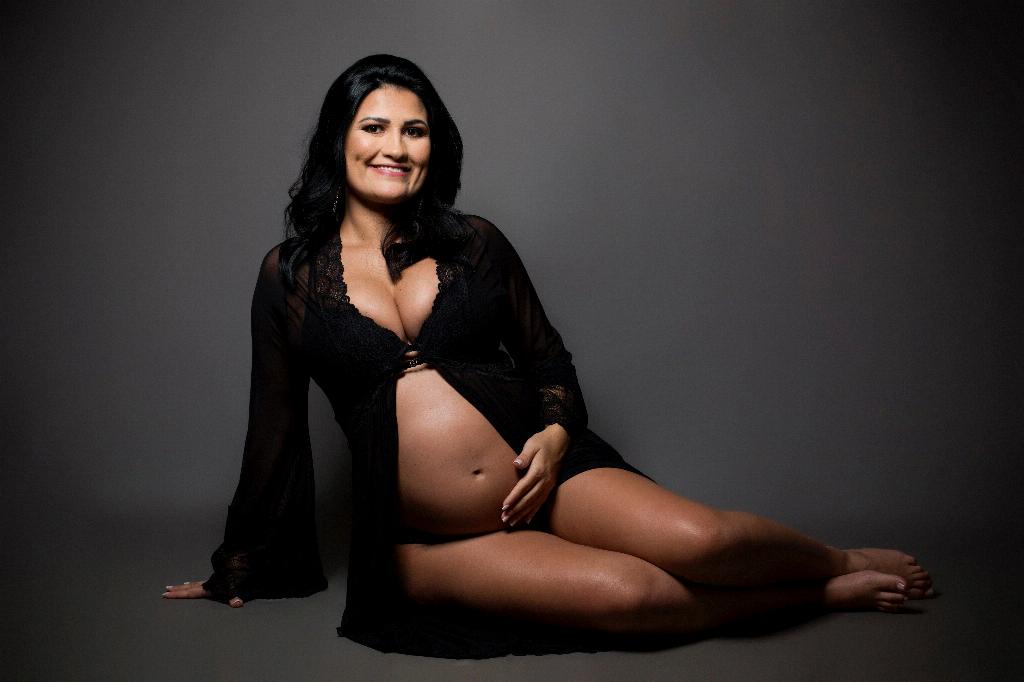When it comes to the question of how common natural pregnancy is after undergoing in vitro fertilization (IVF), many couples are left wondering about their chances of conceiving without medical assistance. Recent research sheds light on this subject, revealing some fascinating insights that may offer hope to those who have undergone fertility treatments.
The Statistics: A Closer Look
Studies suggest that approximately one in five women experience natural pregnancy after successfully conceiving through IVF. This statistic, though surprising to some, highlights the resilience and unpredictability of the human reproductive system. The findings come from scientists at University College London, who emphasize the importance of recognizing that natural pregnancies post-IVF are more common than previously believed.
Factors at Play
Various factors may contribute to the occurrence of natural pregnancy after IVF. One potential explanation is the impact of fertility treatments on the body, which could prime the reproductive system for subsequent pregnancies. Additionally, age, overall health, and genetic predispositions play vital roles in influencing the likelihood of conceiving without medical intervention.
The Role of Timing
Timing also plays a crucial role in determining the probability of natural pregnancy after IVF. For some women, conceiving shortly after undergoing fertility treatment may be more feasible due to residual hormonal changes and optimized reproductive conditions. Understanding the ideal window for conception post-IVF can significantly impact one’s chances of achieving a natural pregnancy.
Emotional Impact
For many couples, the prospect of natural pregnancy after IVF brings a mix of emotions ranging from hope and excitement to uncertainty and anxiety. Navigating this emotional landscape requires open communication, support from healthcare professionals, and a realistic understanding of the complexities involved in fertility journeys.
Managing Expectations
While the idea of natural pregnancy after IVF may offer a sense of optimism, it’s essential for individuals to manage their expectations and approach the situation with a balanced perspective. Every fertility journey is unique, and outcomes can vary significantly based on individual circumstances and biological factors.
Consulting with Experts
For those considering the possibility of natural pregnancy after IVF, consulting with fertility specialists and healthcare providers is crucial. These professionals can offer valuable insights, personalized guidance, and comprehensive assessments to help individuals make informed decisions regarding their reproductive health.
Alternative Paths to Parenthood
It’s important to acknowledge that natural pregnancy after IVF is just one pathway to parenthood among many. Adoption, surrogacy, and other assisted reproductive technologies present viable options for individuals and couples seeking to expand their families. Exploring these alternatives with an open mind can lead to fulfilling parenthood experiences.
Support Systems and Community
Building a strong support system and engaging with a supportive community can significantly impact one’s emotional well-being during the journey towards natural pregnancy after IVF. Connecting with others who share similar experiences can offer solace, validation, and a sense of camaraderie in facing the challenges and joys of fertility.
Hope for the Future
While the statistics surrounding natural pregnancy after IVF provide valuable insights, they also underscore the resilience and adaptability of the human body. For those embarking on this path, maintaining hope, staying informed, and fostering a positive mindset are essential elements in navigating the complexities of fertility and reproduction.
Conclusion
In conclusion, the question of how common natural pregnancy is after IVF offers a multifaceted exploration into the intersections of science, biology, emotions, and hope. By delving into the statistics, factors at play, emotional considerations, and support systems, individuals can approach the prospect of natural conception post-IVF with a well-rounded perspective and a sense of empowerment in their fertility journeys.

